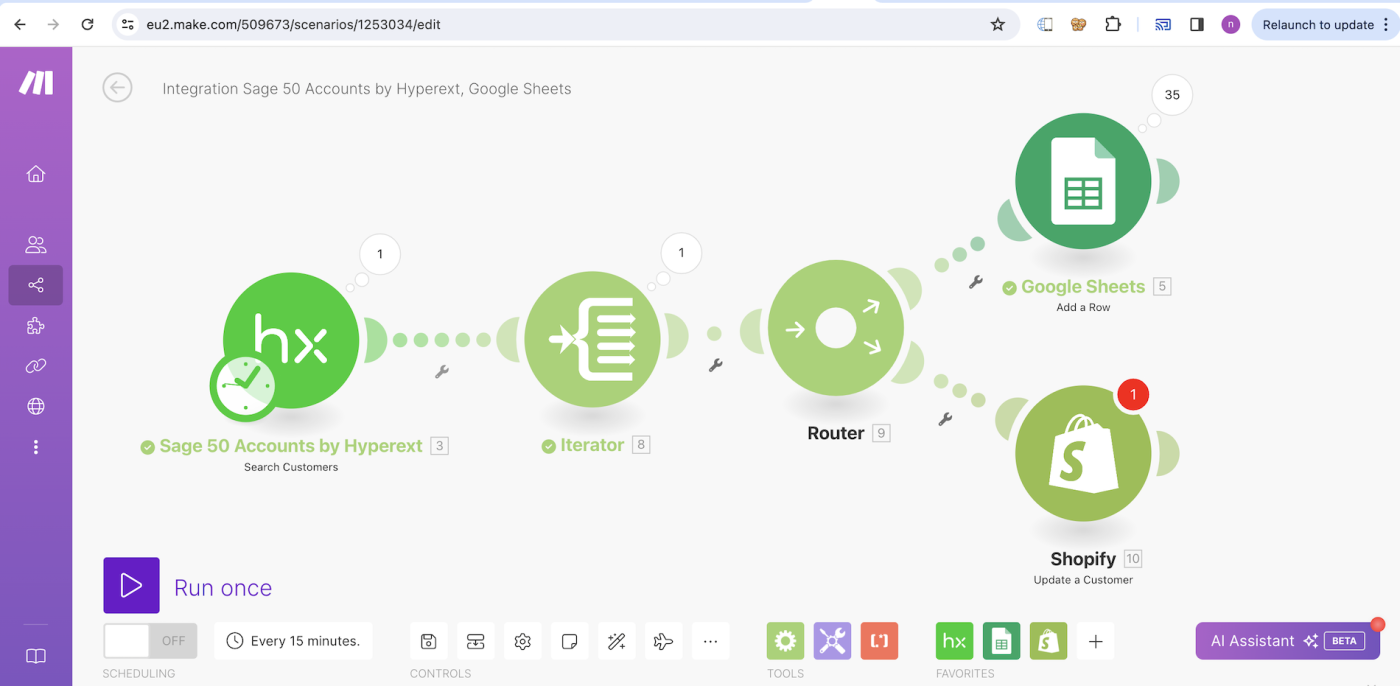
Today, Artificial Intelligence (AI) is not something we only see in movies. It’s part of our everyday lives and is changing the way we do things. From helping doctors in hospitals to improving how we shop online, AI is making a big difference. But for AI and other systems to work well together, they need a way to share data and communicate. That’s where APIs come in.
API is short for Application Programming Interface. APIs work like bridges that let different software systems talk to each other. They allow developers to connect internal systems, third-party services, and essential business data. In this post, we’ll explore why APIs are crucial for accessing and sharing business data.
Connecting Internal Systems
In many organisations, different teams and departments use separate software tools to do their work. APIs help connect these tools, making it easier to share data across the business. This means staff spend less time spent transferring data and fewer errors.
For example, a company’s customer relationship management (CRM) system might need to access data from their inventory management software. APIs allow these systems to communicate in real time, so sales teams can see whether products are in stock without switching between platforms. This creates a more efficient and streamlined workflow.
Accessing Essential Business Data
APIs are vital for accessing and using essential business data. Whether it’s financial records, customer information, or performance metrics, APIs make it possible to pull data from one system and use it in another.
For instance, accounting software can use APIs to fetch transaction data from a company’s banking platform. This automation reduces the risk of human error and saves hours of manual work. Similarly, APIs can integrate analytics tools with marketing platforms, providing real-time insights into how campaigns are performing.
Enabling Third-Party Integration
Many businesses rely on third-party tools to enhance their operations. APIs make it easy to integrate these tools with internal systems. This allows businesses to extend their capabilities without building everything in-house.
For example, an e-commerce website might use a third-party shipping service to manage deliveries. Through APIs, the website can automatically send customer orders to the shipping provider and track delivery updates. This ensures a smooth and automated process that benefits both the business and its customers.
Supporting Scalability and Growth
As businesses grow, their systems need to handle more data and users. APIs help with this by enabling systems to scale efficiently. By connecting different tools and services through APIs, businesses can add new features or handle increased demand without overhauling their entire infrastructure.
For instance, cloud platforms often use APIs to allow businesses to expand their data storage or processing power as needed. This flexibility helps companies stay agile and competitive in fast-changing markets.
Improving Decision-Making
APIs play a big role in improving decision-making by providing access to accurate, up-to-date information. When data from various systems is connected and accessible through APIs, businesses can make better, more informed decisions.
For example, APIs can bring together data from sales, marketing, and customer service systems into a single dashboard. This gives managers a complete view of the business, helping them identify trends and opportunities more quickly.
Challenges to Consider
While APIs offer many benefits, they also come with challenges. Security is a major concern. Since APIs expose data, they need strong protections to prevent unauthorised access. Businesses must use measures like encryption and authentication to keep their systems safe.
Another challenge is ensuring that APIs work well with different systems. Poorly designed APIs can cause compatibility issues or slow down processes. To avoid this, businesses should invest in high-quality API development and testing.
The Future of APIs in Business
As technology evolves, APIs will become even more important for businesses. Trends like real-time analytics, automation, and cloud computing will rely heavily on APIs to connect systems and share data. Companies that embrace APIs will be better prepared for these changes and more competitive in the long run.
To sum up, APIs are not just tools for developers. They are essential for accessing business data, improving workflows, and driving innovation. In the modern business world, APIs are the key to staying connected, efficient, and ready for the future.
